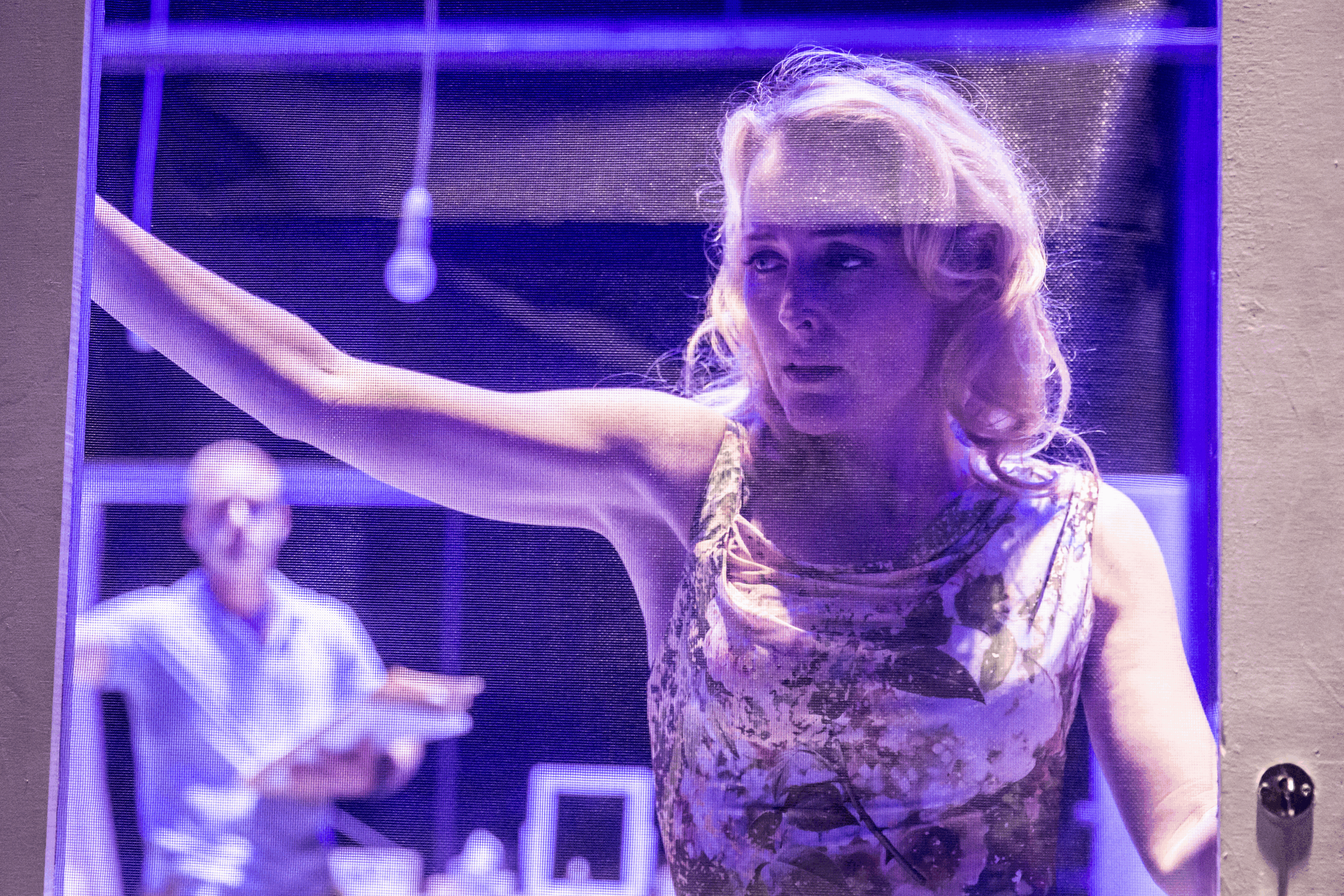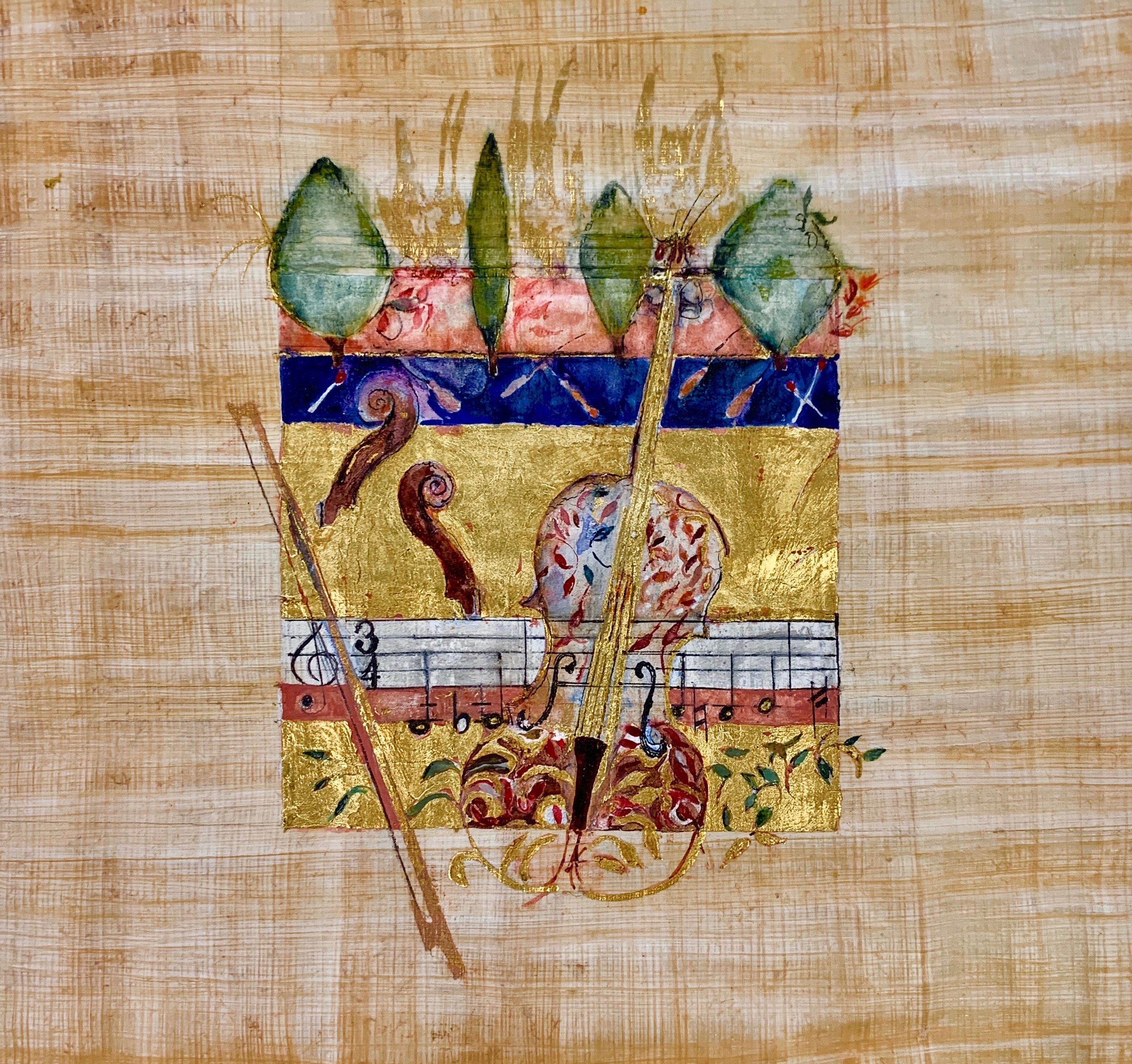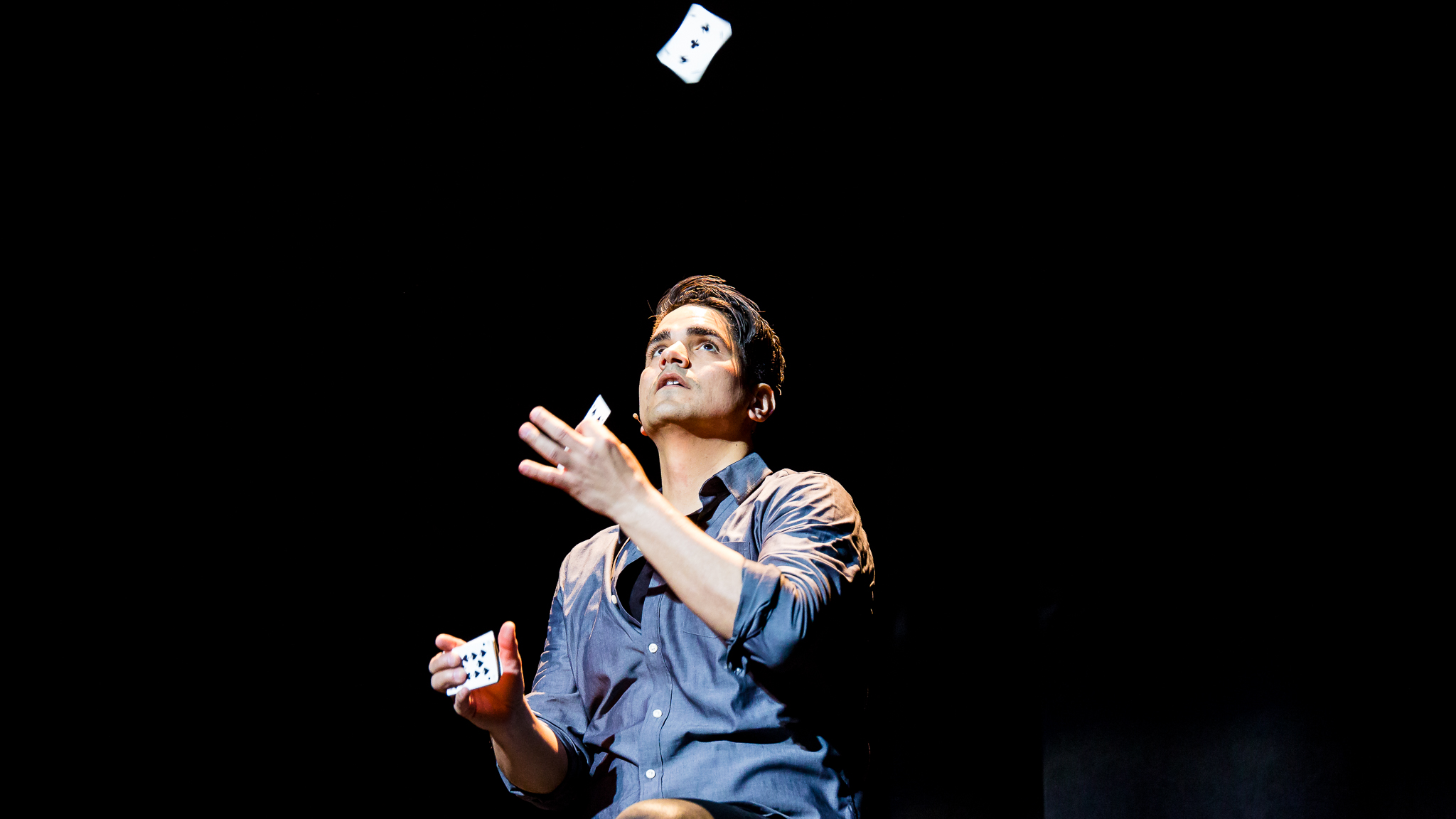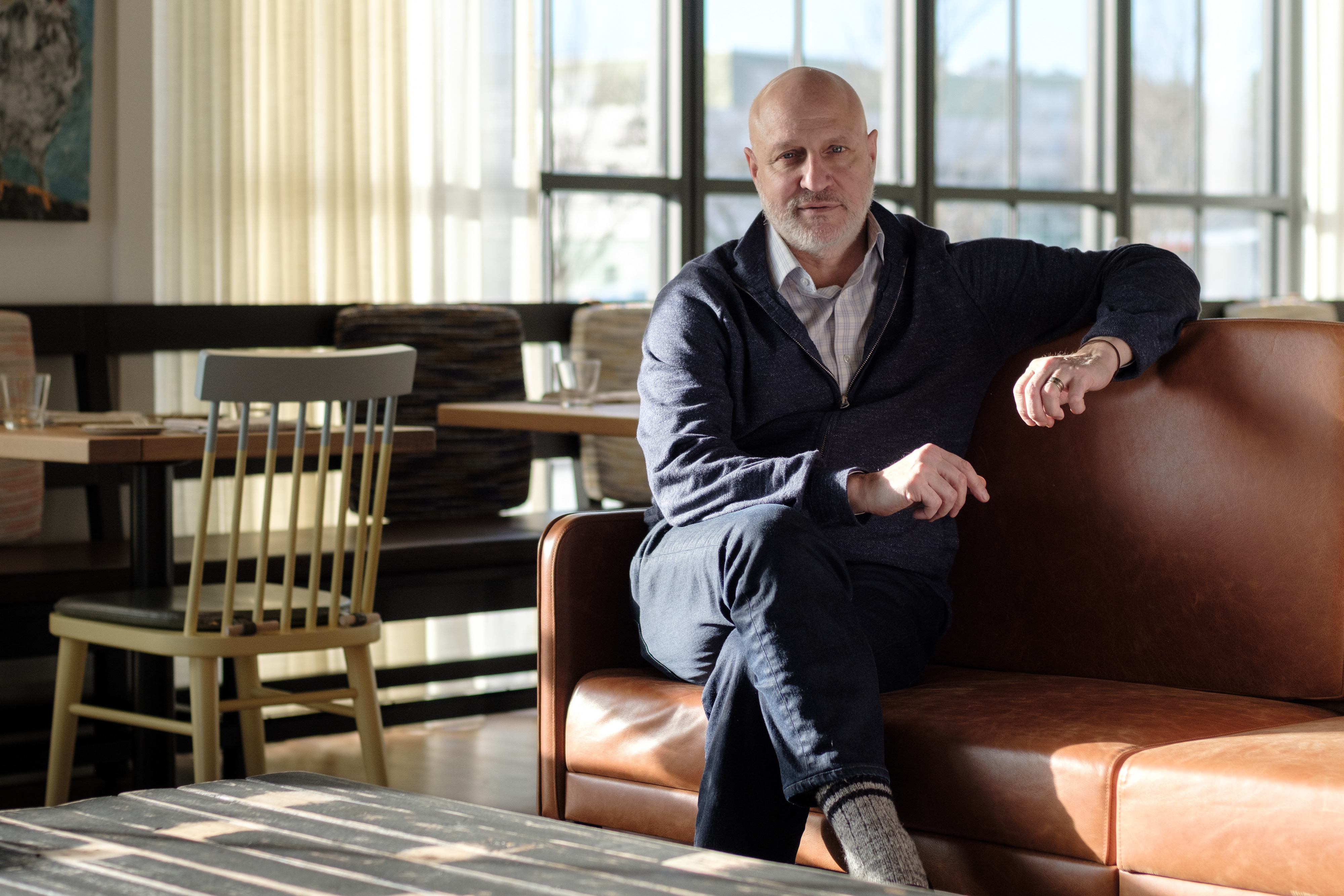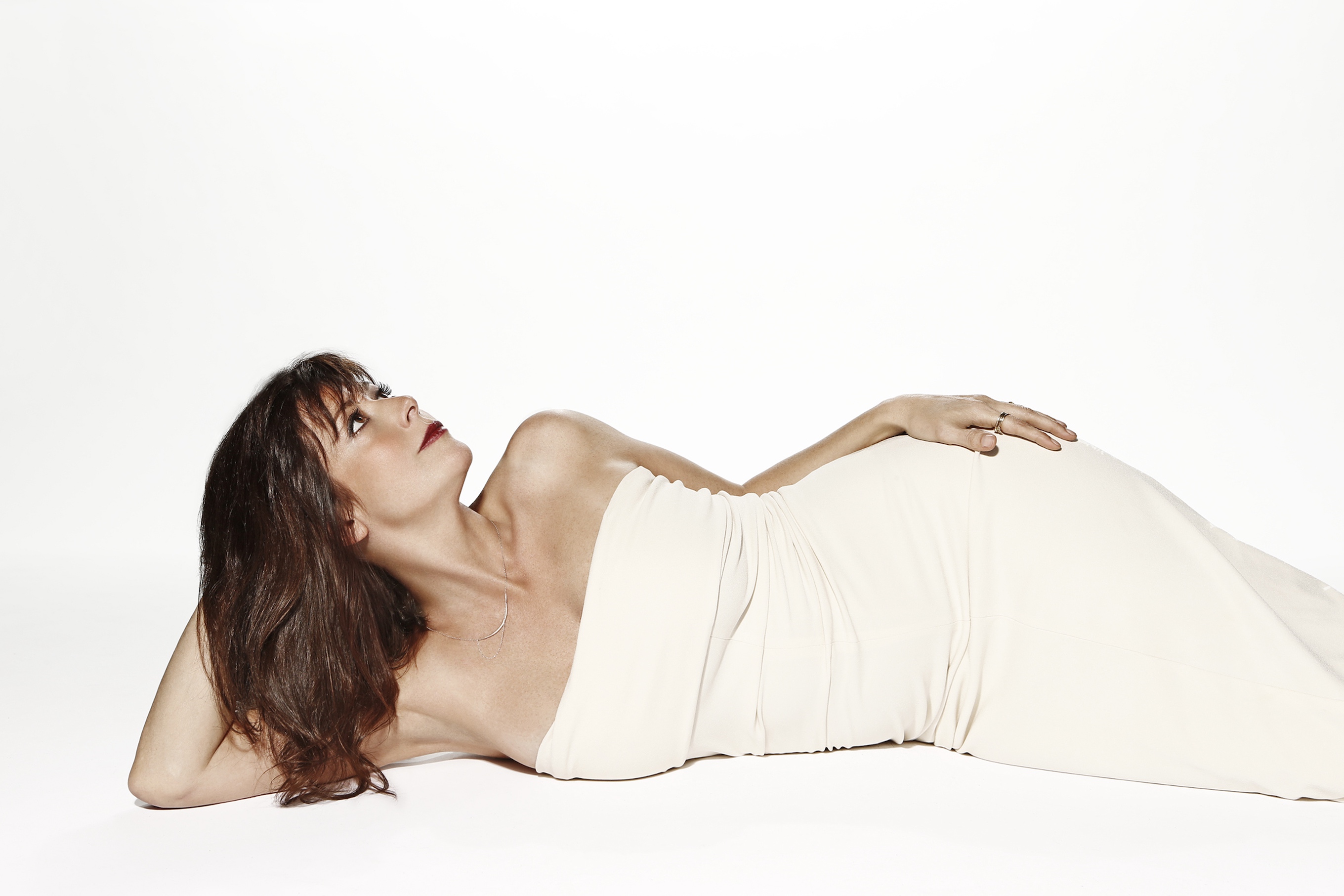Music, Story, Lyrics by Stephen Dickman
Book by Patricia Noonan
Musical Direction by Greg Pliska
Directed by Amanda Kate Joshi
A workshop production of a new musical by East Hampton composer Stephen Dickman.
Come with us and enter a town not found on any map, where the magical sound of the violin fills the air every day.
A young woman’s passion for the music leads us along a surprising path of complexity and intrigue.
Narrator – Morgan Cowling
Louisa – Hannah Bradley
Hugo – Bill Youmans
Anna – Joy Hermalyn
Jonas – Alex Stewart
Jacob – Matt Faucher
Nic – Laura Woyasz
Oscar – Jake Swain
Felix – Jeffrey Johnson II
Townsfolk – Michael Yeshion, Brittany Baratz, Manna Nichols, Matt Deitchman, Alexandra Palkovic and Will Porter


